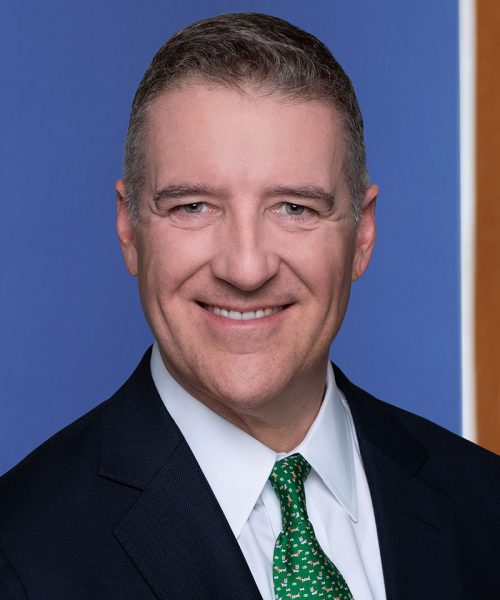Thomas J. Frank, Jr
As some of my colleagues know, I am a late-middle age endurance athlete – I compete in triathlons. Recently, on one of my longer training runs, I was thinking that the same qualities required for a triathlon are found in estate planning – particularly, inter-generational wealth transfers. Think of it this way, both endeavors require a good plan. At the beginning of my training season, I plan out various goals to hit prior to race day. Similarly, a good wealth transfer plan starts with a plan for how much the donors want to transfer, to whom and thoughts about time frames.

The second critical component of a successful race is good coaching. The results of my attempts at DIY coaching were not very satisfying. In response, I hired a sport-specific coach and a nutritionist who specializes in working with endurance athletes. The same is true with inter-generational wealth transfers. While it’s easy enough to make cash gifts each year to children and grandchildren, a more thoughtful approach that includes a good lawyer and accountant has a higher likelihood of positive outcomes.
Third, adjustments are ongoing. I know that for as long as I have the health and interest in pursuing triathlons, changes will be required and experimentation is encouraged. These may mean a switch-up in workouts, equipment or fueling. Similarly, with long-term estate planning, little experiments along the way may be helpful. Let’s say a family is interested in philanthropy. Before taking the leap of establishing a private foundation, they may want to “test drive” formal philanthropy by setting up a small donor advised fund. They may find that the donor advised fund is perfect for them. Or they may decide that a private foundation would be a better vehicle to achieve their goals.
In my sport, the selection of races is important to success. I had to compete at a few different distances to determine what kinds of races I wanted to pursue. Location is also important since I am fortunate enough to train in the Bay Area where I am close to sea level and the climate is temperate. In estate planning, families should think about how they want to set up gifts to younger generations. Are long-term trusts the right approach or is something shorter term a better option? Tax laws and trust rules are frequently in flux and family situations are always changing and the solutions will change in response. Flexibility is key.
Finally, what does “success” mean? For me as an aging triathlete, it is unlikely that I will end up on a winner’s podium. I’ve decided that the ability to participate at a reasonably competitive level while remaining healthy and still having time for friends and family is the most important measure of success. In the estate planning context, it may not be about avoiding taxes at all costs. Rather, it may be providing a safety net for future generations while at the same time allowing family members to support causes that are important to them. This could translate into a focus on providing funds for education and entrepreneurial efforts and then giving away the balance to charity.
In estate planning and inter-generational wealth transfer, there is no right or wrong answer when it comes to success and the results. The formula for a winning strategy is the development of a plan, the addition of the right advisors, the flexibility to adapt to changing situations and a clear understanding of the goal.
 Tom Frank is a Client Advisor and the Northern California Regional Manager. He regularly competes in Olympic distance and Ironman 70.3 triathlons throughout California.
Tom Frank is a Client Advisor and the Northern California Regional Manager. He regularly competes in Olympic distance and Ironman 70.3 triathlons throughout California.
From Investments to Family Office to Trustee Services and more, we are your single-source solution.

